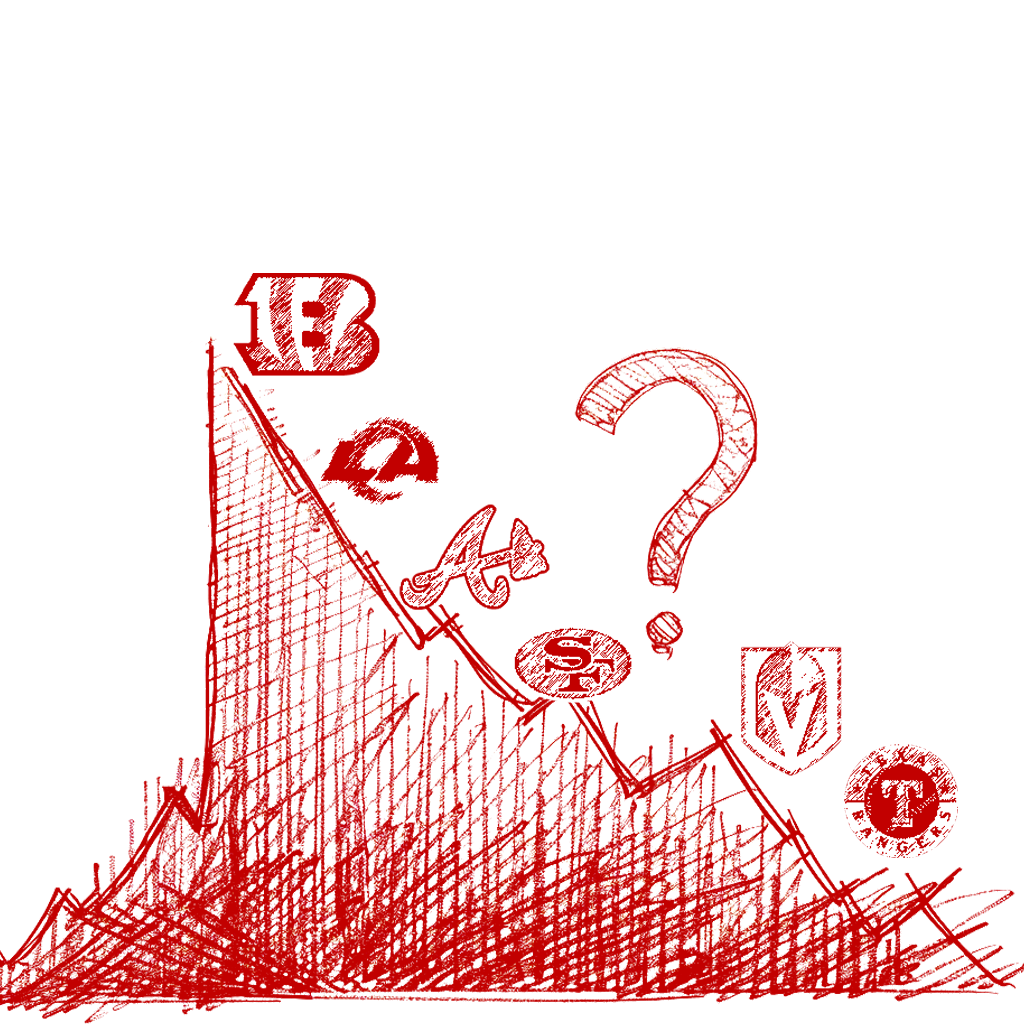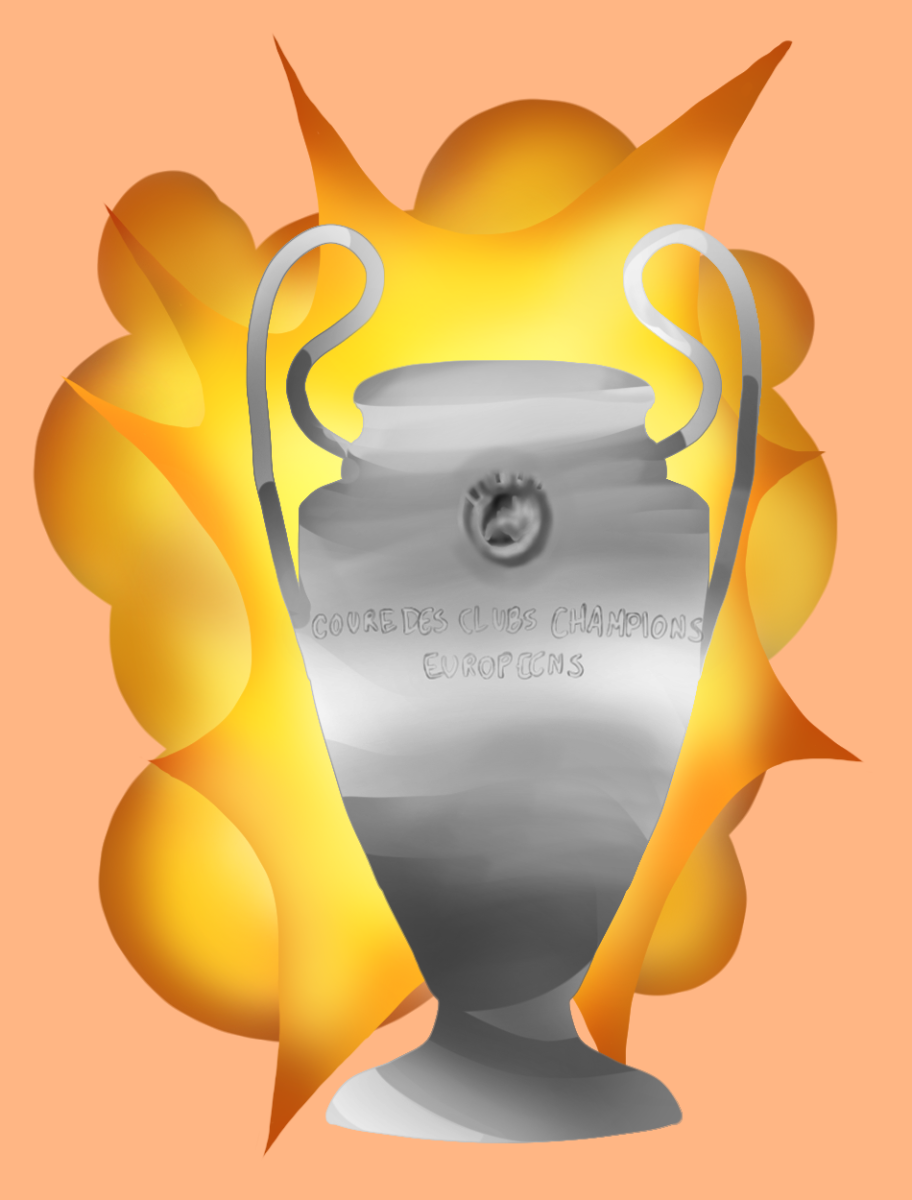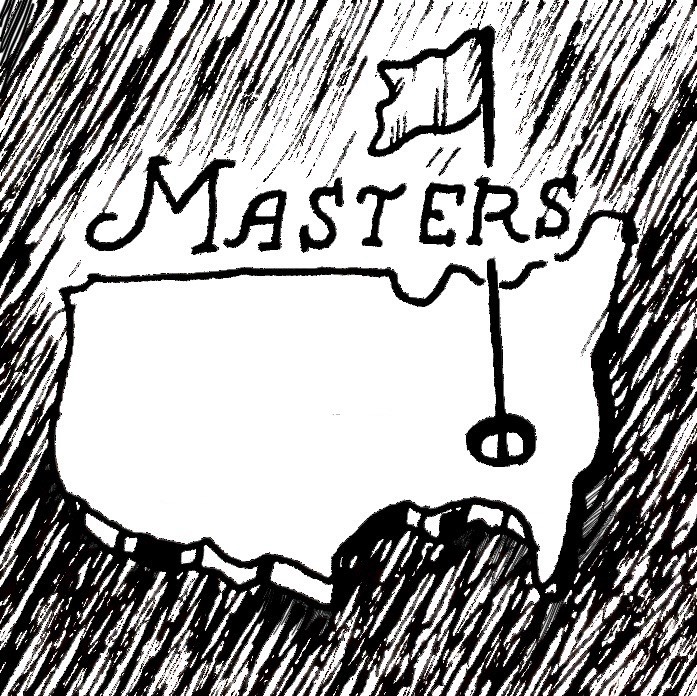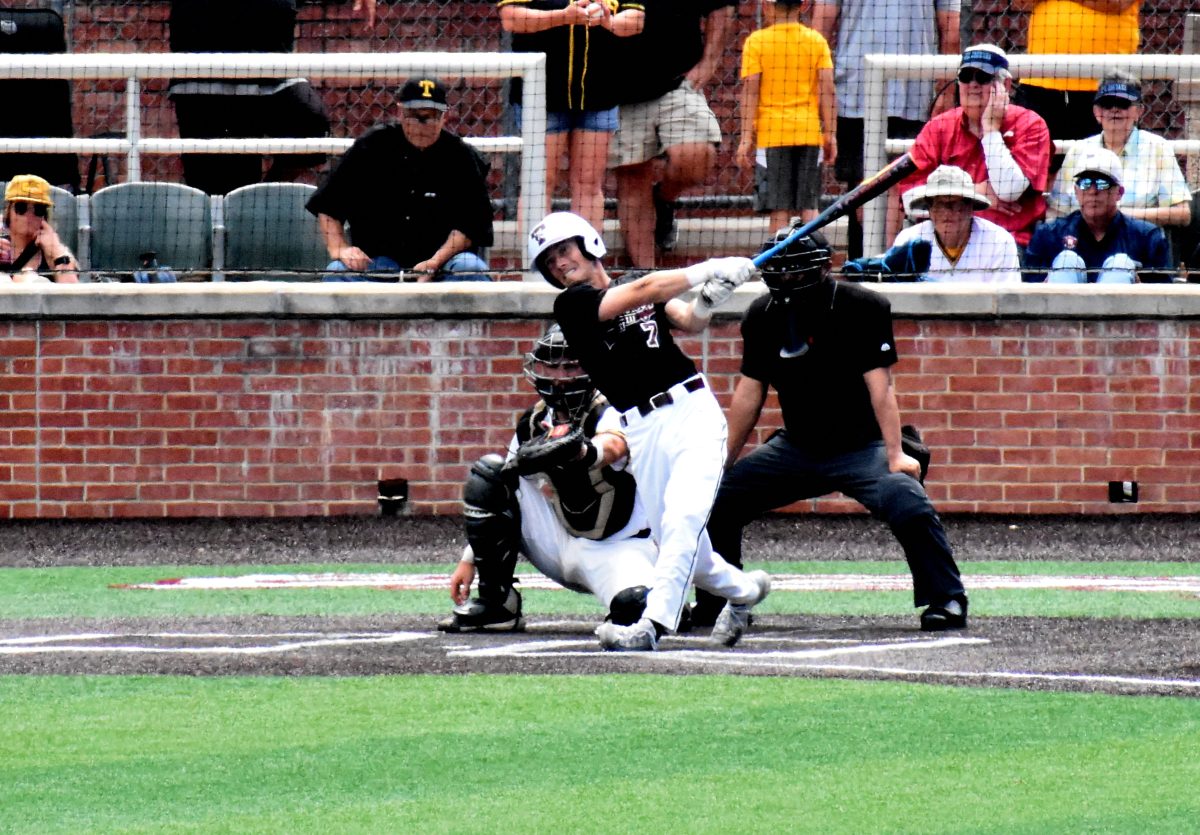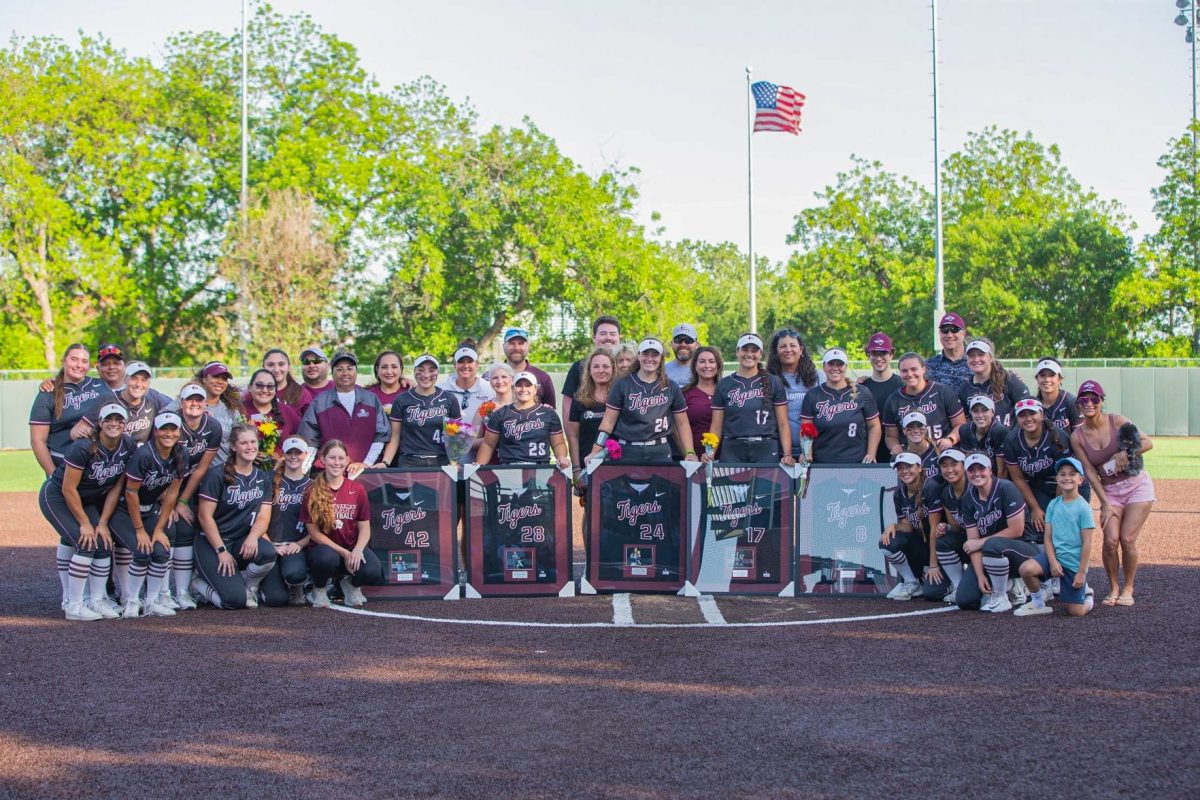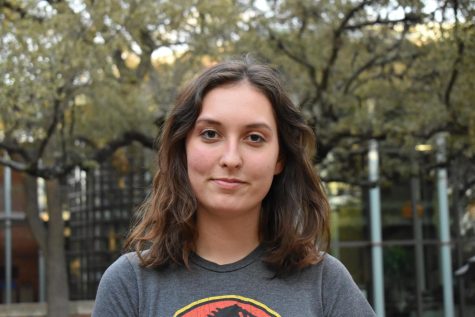Daniel Martinez is entering his fourth year as Trinity’s Head Strength & Conditioning Coach and Coordinator of the Sports Performance Center, as well as his first year as the Advisor for the Student-Athlete Advisory Committee (SAAC). Martinez holds an impressive resume, having worked with athletes in over 25 NCAA athletic programs and with professional strength & conditioning and sport science departments internationally. Martinez also competed in track & field at a collegiate level for the University of Texas-San Antonio (UTSA) and as an Olympic weightlifter.
Among his many certifications, Martinez has a minor in Sports Psychology and he is known for integrating sports psychology in his work with Trinity’s student-athletes. As we enter the Fall 2020 season without intercollegiate competition, Martinez gave some perspective about the role of sports psychology in athletics during a pandemic.
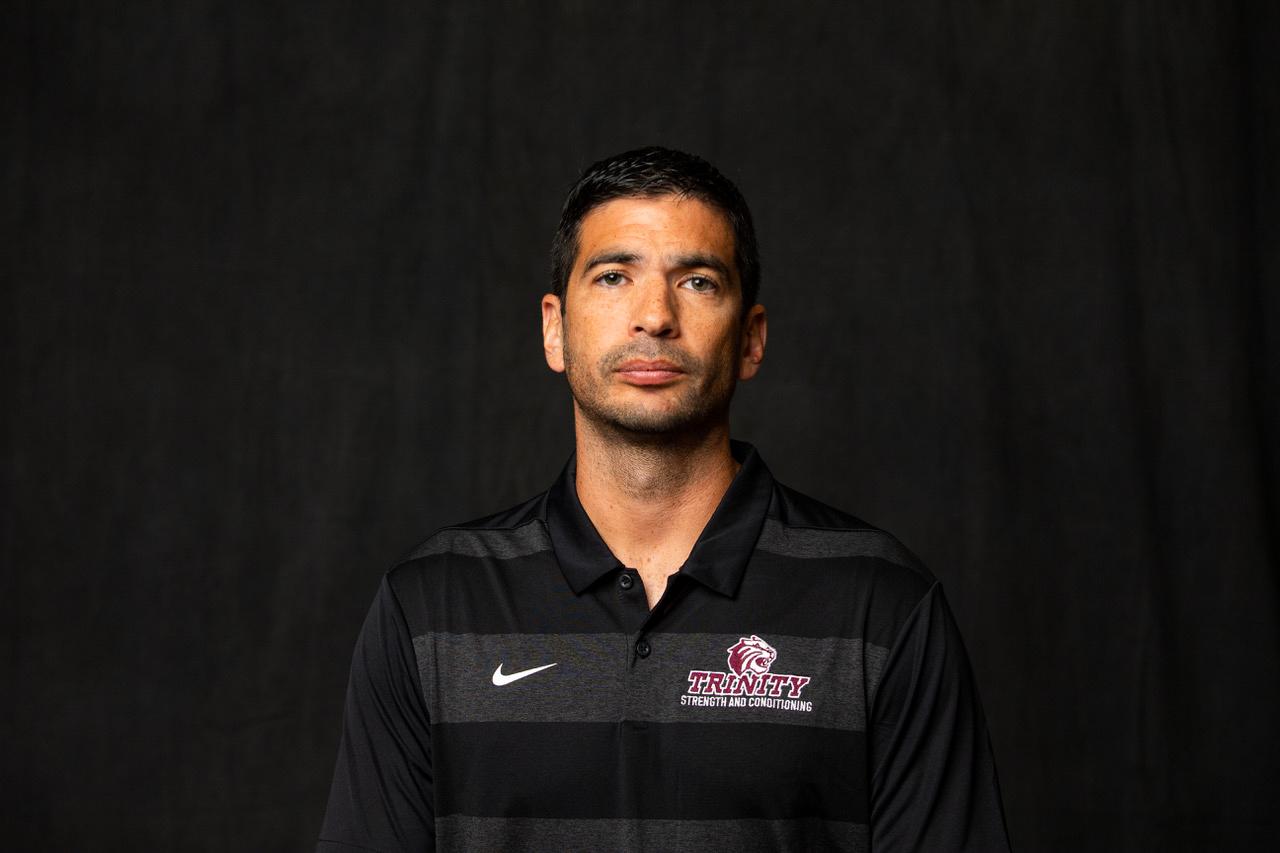
photo provided by Daniel Martinez
What, in your experience, drives an athlete to grow and improve? Is it competition, success, community or something else entirely?
I think it can be influenced by all those things and more. If we attempt to reduce it to its essential nature, from a first-principles standpoint, I think we can have the biggest impact together if we can connect student-athletes with purpose, character and community/tribe. This has multiple levels across identity, as the big failure for many athletes, including myself in my time as a competitive athlete, is over-identifying with their identity as an athlete and leaving the practice of pushing one’s self to excel to that arena alone.
We articulate this false dichotomy simply as transactional vs. transformational action, which can occur at the coach/mentor and athlete/student level. We can have moderate success focusing on the transactional nature of sports performance, i.e., lift a little more, run a little faster this time, etc., but to truly exploit our full potential we need to go further and impact the transformational. There’s a great Deepak Chopra quote that reflects this and has always resonated with me and it says, “If you use your mind, you will change minds. If you use your heart, you will change hearts. If you use your life, you will change lives.”
How do you think athletes can continue to motivate themselves when, due to COVID-19, there is no competition and practices must follow social-distance restrictions?
Well, the idea that there is no competition is false, it is just having to occur at a different level of experience. Competitions dedicated to a specific championship season are not happening, that part is true. However, as I have communicated often to our student-athletes the word competition comes from the Latin word competere, which translates to mean “to strive together.” We can still compete, and we can make everything we engage in our lives reflect aretas, which is a Greek term that loosely translates to represent the virtue of excellence found through competition.
We can still engage and compete every day at the individual and team level, but it certainly helps if we can communicate this clearly to our student-athletes in a way that they can connect with. We understand, as an athletic department, that, without championships to pursue, our current aims can feel listless. But our hope with this next block of time is to help inspire our athletes to in many ways allow their preparation to reflect more. That part is not lost on most of our student-athletes as they certainly understand the feeling of loss currently, and this has inspired many of them to reflect on what the opportunity to train and compete with their teammates really means to them. I think we have a tremendous opportunity to add this additional layer to their experience in the next semester and see that translate into more connection and cohesiveness as teams.
Do you think that, in the context of COVID-19 and the changes made to the fall season, team bonding and leadership development for student-athletes will be impacted? How so?
I think it has the potential to do that, yes, absolutely. But I also think we can look at it as an opportunity to take advantage of previously untapped resources that may actually improve our overall efficiency. I have used a resiliency example with our teams that reflects this in the great pyramids and a coral reef. The great pyramids represent a resiliency that is resilient, but unchanged over time. A coral reef is an example of another type of resiliency, one of resilience changed, where the reef becomes more robust over time with stress. So the only way we cannot continue our growth process is if our systems do not have sufficient complexity, making them brittle and less responsive to change (resilience unchanged). This is novel stress to be sure, and a challenge I don’t think any of us want to engage in again for the remainder of our lives. But we are not leaders if we cannot channel optimism in this that we will make the best of our time.
One of my favorite quotes that reflects this duality is from former prisoner of war and Vice Admiral Jim Stockdale, who said, “You must never confuse the faith that you will prevail in the end, which you can never afford to lose, with the discipline to confront the most brutal facts of your current reality, whatever they might be.” Blind optimism will not help us get through this next semester. There are challenges that remain that we cannot fully comprehend yet. We do not even know that we will be able to train and practice completely through this next semester without interruption. But one thing we do know, and have embraced as an athletic department, is that if we do not honor the ProtecTU health pledge, and if we do not follow our COVID-19 protocols and procedures then we will not have a chance.
How does learning about sports psychology help student-athletes improve? Can this continue during COVID?
Mindset is one of the four pillars that we communicate are important to a successful competition orientation, which reflects the comprehensive focus we believe necessary to sustainable growth and, ultimately, championship performance: mindset, nutrition, performance, and recovery. I have told our student-athletes that, while I have always enjoyed the visual of pillars, it is probably more effective to think of them as buckets to be filled. Often, we can get carried away focusing on the performance bucket, pushing hard in training and competition, while neglecting to fill the other areas.
This can be a difficult thing for student-athletes as sometimes they may want to compartmentalize their sport involvement, i.e., show up to practice, go hard, and then move on to the other areas of their campus life. But while embracing the challenge of being a 24-hour student-athlete may sound overwhelming, the discipline found in that process can lead towards greater balance and harmony demonstrated in their daily life experiences, ultimately resulting in true personal freedom. The rub is that change can be difficult, as many of our habitual processes run our individual programming. There is a great Warren Buffet quote that says, “the chains of habit are too light to be felt until they are too heavy to be broken.”
Another of my favorite quotes is, “the ability to learn faster than your competition is the only sustainable advantage.” I minored in sports psychology in undergrad and loved it, but after that I probably knew just enough to be dangerous professionally. My continued commitment to learning around sports psychology is based on my orientation as a coach, which means that I want to take advantage of every possible area to help our student-athletes learn and grow, to teach them to learn, train, and compete without barriers… As I hope my previous responses have demonstrated, we do not want to let them down and we cannot help our student-athletes improve the way we know is possible if we allow for barriers like mindset to get in the way of their growth.

